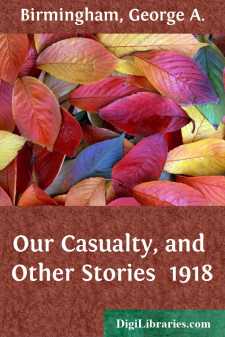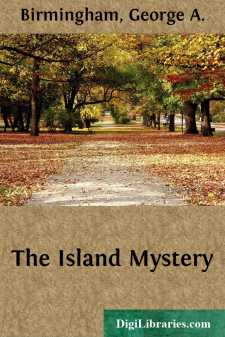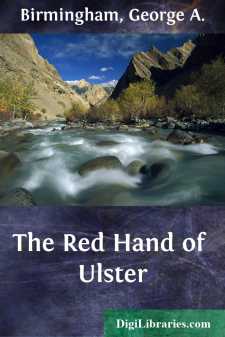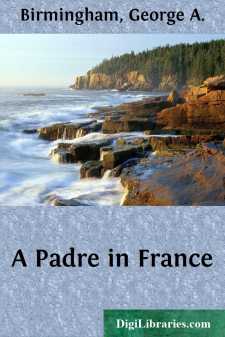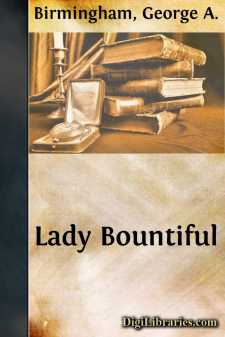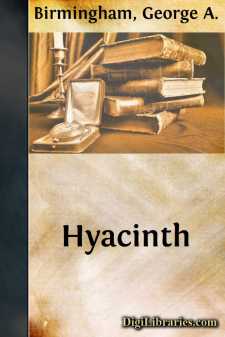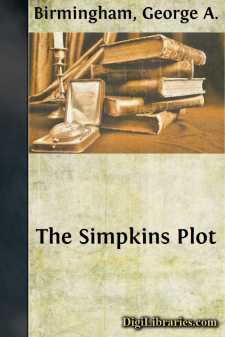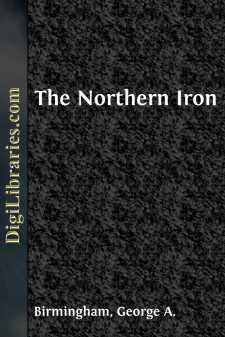Categories
- Antiques & Collectibles 13
- Architecture 36
- Art 48
- Bibles 22
- Biography & Autobiography 813
- Body, Mind & Spirit 142
- Business & Economics 28
- Children's Books 15
- Children's Fiction 12
- Computers 4
- Cooking 94
- Crafts & Hobbies 4
- Drama 346
- Education 46
- Family & Relationships 57
- Fiction 11829
- Games 19
- Gardening 17
- Health & Fitness 34
- History 1377
- House & Home 1
- Humor 147
- Juvenile Fiction 1873
- Juvenile Nonfiction 202
- Language Arts & Disciplines 88
- Law 16
- Literary Collections 686
- Literary Criticism 179
- Mathematics 13
- Medical 41
- Music 40
- Nature 179
- Non-Classifiable 1768
- Performing Arts 7
- Periodicals 1453
- Philosophy 64
- Photography 2
- Poetry 896
- Political Science 203
- Psychology 42
- Reference 154
- Religion 513
- Science 126
- Self-Help 84
- Social Science 81
- Sports & Recreation 34
- Study Aids 3
- Technology & Engineering 59
- Transportation 23
- Travel 463
- True Crime 29
Our Casualty, and Other Stories 1918
Categories:
Description:
Excerpt
I ~~ OUR CASUALTY
There is not in the whole British Isles a more efficient military body than the Ballyhaine Veterans' Corps. The men look like soldiers when they have their grey uniforms on and their brassards on their sleeves. They talk like soldiers. They have the true military spirit. There is not a man in the company under fifty years of age, but if the Germans attempt a landing on the Ballyhaine beach, by submarine or otherwise, they will be sorry for themselves afterwards—those of them who remain alive.
Ballyhaine is a residential suburb, entirely built over with villas of the better kind. Each villa has its garden. In times of peace we discuss sweet peas or winter spinach or chrysanthemums on our way into town in the morning, travelling, as most of us do, by the 9.45 train, with season tickets, first class.
When our boys went off from us, as they all did early in the war, we felt that it was time for us to do something too. There was not the least difficulty about enrolling the men. We all joined the corps, even poor old Cotter, who must be close on seventy, and who retired from business three years ago. He used to bore us all by talking about his rheumatism, but when the Volunteer Corps was formed he dropped all that, and went about saying that he had never suffered from pain or ache in his life, and could do twenty miles a day without feeling it We made Cotter a corporal.
Our Commanding Officer is Haines, who plays the best hand at bridge of any man in the club. He held a commission in a line regiment before he went on the Stock Exchange. That was thirty-five years ago, and it is not to be supposed that his knowledge of soldiering is up-to-date, but he is the only one of us who has any knowledge of soldiering at all, so we chose him.
The women were a difficulty at first. They insisted on regarding us as a joke, and used to repeat the absurd witticism of the street boys. I heard Janet say "Methusaleers" one day. She denied it, but I am perfectly certain she did not say "Fusiliers," My wife fussed about dry socks and wanted me to take my umbrella on a route march one wet Sunday.
Every other member of the corps had similar experiences. It was Tompkins who hit on a way of dealing satisfactorily with the women. Tompkins is our local doctor. He stays in Ballyhaine all day long when the rest of us go up to town, so he naturally knows a good deal about women. He enrolled them in a volunteer ambulance brigade, and after that they were just as keen as any of us. We did the thing handsomely for them. We bought six stretchers, a small motor ambulance waggon, and some miles of bandages. Janet and Cotter's youngest girl carried one of the stretchers. I should not like to say that my wife actually hoped I should be wounded, but I think she would have liked the chance of bandaging any other man in the corps. The rest of the women felt as she did.
The drawback to Ballyhaine as a centre of military activity is the difficulty of finding a place for practising field manoeuvres....


